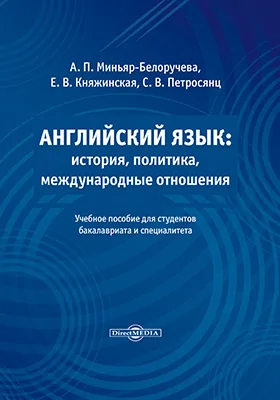Английский язык: история, политика, международные отношения : учебное пособие для студентов бакалавриата и специалитета
Здесь можно купить книгу "Английский язык: история, политика, международные отношения : учебное пособие для студентов бакалавриата и специалитета" в печатном или электронном виде. Также, Вы можете прочесть аннотацию, цитаты и содержание, ознакомиться и оставить отзывы (комментарии) об этой книге.
Автор: Алла Миньяр-Белоручева, Елена Княжинская, Светлана Петросянц
Форматы: PDF
Издательство: Директ-Медиа
Год: 2023
Место издания: Москва
ISBN: 978-5-4499-3845-9
Страниц: 176
Артикул: 103339
Возрастная маркировка: 16+
Краткая аннотация книги "Английский язык: история, политика, международные отношения"
Данное учебное пособие содержит тексты по истории, политике, международным отношениям и упражнения к ним, которые предназначены для студентов гуманитарных вузов, обучающихся по программам бакалавриата и специалитета, изучающих историю, политику и международные отношения. Данное учебное пособие может быть интересно не только студентам означенных специальностей, но и всем, кто изучает английский язык для указанных специальных целей.
Содержание книги "Английский язык: история, политика, международные отношения"
ВВЕДЕНИЕ
PART I. HISTORY 1914 — PRESENT
UNIT 1. Before the First World War
UNIT 2. The Military Machine
UNIT 3. Fourteen Points
UNIT 4. The League of Nations
UNIT 5. Meaningful Commitment
UNIT 6. The Congress and the President: the separation of powers
UNIT 7. Nature and composition of the alliance system
UNIT 8. The Future of a Contradiction
UNIT 9. Diplomatic Methods
UNIT 10. From Peace to Global War
UNIT 11. The World on the Eve of the Second World War
UNIT 12. The Appeasement and the Alternatives
UNIT 13. The Collapse of the League of Nations
UNIT 14. The First Phases of War
UNIT 15. A Road to War
UNIT 16. The Last Phases of War
UNIT 17. The Crescendo of Events
UNIT 18. A Pragmatic Strategy
UNIT 19. The Beginning of the Cold War
UNIT 20. The Cold War System of International Relations
UNIT 21. The Cold War Tensions
UNIT 22. The First Steps
UNIT 23. Efforts toward World Peace
UNIT 24. Modern Societies Must be Built
UNIT 25. The Vietnam War
UNIT 26. The Johnson Years
UNIT 27. Nixon Presidency
PART II. POLITICS MODERN AND CONTEMPORARY PERIOD
UNIT 1. Scholarship in international relations
UNIT 2. Realism in Foreign Policy
UNIT 3. Idealism in International Relations
UNIT 4. An important problem
UNIT 5. The Modern World-System
UNIT 6. The Distribution of Political Power
UNIT 7. Peace among the Nations
UNIT 8. The Balance of Power Concept
UNIT 9. International Systems
UNIT 10. The Interstate System
UNIT 11. World politics
UNIT 12. Views on politics
UNIT 13. The Empire
UNIT 14. The Structure of Relationships
UNIT 15. The consequence of Weltpolitik
UNIT 16. Lust for Power
UNIT 17. The British Commonwealth of Nations
UNIT 18. International Organizations
UNIT 19. Bases of Disagreements
UNIT 20. International institutions
UNIT 21. International community
UNIT 22. Global Politics
UNIT 23. The Rise and Decline of Global Powers
UNIT 24. Weak states vs strong states
UNIT 25. The Nuclear Age
UNIT 26. Cultures and Conflicts
UNIT 27. Study of Crisis Escalation
UNIT 28. A Geopolitical Perspective
PART III. INTERNATIONAL RELATIONS CONTEMPORARY PERIOD
UNIT 1. A Geopolitical Shock
UNIT 2. Powershift
UNIT 3. Reconsidering the Role in a Changed World
UNIT 4. Bipolar East Asia
UNIT 5. From “Postwar Order” to “New World Disorder”
UNIT 6. The Emerging Reality
UNIT 7. Multipolar Global Politics
UNIT 8. The Basic Units of the New World Order
UNIT 9. New Vistas in the Post-Cold War World
UNIT 10. The Broken Tradition
UNIT 11. The New Polarity
UNIT 12. Unipolarity and Unilateralism
UNIT 13. Culture and Conflicts
UNIT 14. A Friendship among Equals
UNIT 15. A Key Element of a New Global Order
UNIT 16. Clinton's Foreign Policy
UNIT 17. Democratic Enlargement: The Clinton Doctrine
UNIT 18. In the Pursuit of Liberal Goals
UNIT 19. A Tableau of Crimes and Misfortunes
UNIT 20. Precondition for the Pursuit of its Historic Goals
UNIT 21. The Psychology of Power and Weakness
UNIT 22. The Differences
UNIT 23. Intercivilizational Relations
UNIT 24. Bridge to the Twenty-first Century
UNIT 25. An Ideal Pretext
UNIT 26. Four Nations Symbols
UNIT 27. Preemption: A Bush doctrine
Все отзывы о книге Английский язык: история, политика, международные отношения : учебное пособие для студентов бакалавриата и специалитета
Отрывок из книги Английский язык: история, политика, международные отношения : учебное пособие для студентов бакалавриата и специалитета
16 UNIT 5. Meaningful Commitment The liberal internationalist pattern of disjuncture between ends and means really begins in earnest with Woodrow Wilson. Wilson, of course, traveled to Europe at the end of 1918, in the wake of the First World War, intending to “make the world safe for democracy” while insisting that a universal League of Nations serve as the linch-pin for a new international order. Wilson intended the League to function as a pro-moter of collective security arrangements, by guaranteeing the territorial integrity and political independence of all member states. But Wilson also intended the League to function as the embodiment of a nascent liberal international order where war would be outlawed and self-determination would remain supreme. The other great powers were to be asked to abandon their imperialistic spheres of influence, their protection-ist tariff barriers, their secretive military alliances, and their swollen armories. Needless to say, in practice, such concessions were hard to extract. The actual outcome at the Paris Peace Conference, contrary to Wilson’s desire, was a series of compromises. To be sure, Wilson did succeed in winning the assent of the other vic-torious powers toward common membership in a new League of Nations. Wilson certainly hoped that future acts of territorial aggression could be prevented through such peaceful means as deterrence, arbitration, and the use of economic sanctions. But in the final analysis, he understood perfectly well that collective security would at times have to be enforced militarily, through the use of armed force on the part of member states. Indeed, Wilson said quite explicitly that the League was meant to function as “a single overwhelming, powerful group of nations who shall be the trus-tee of the peace of the world”. And the United States was to be the leading member of this group. Still, at the same time that Wilson laid out this extremely ambitious vision, he re-fused to dr...
С книгой "Английский язык: история, политика, международные отношения" читают
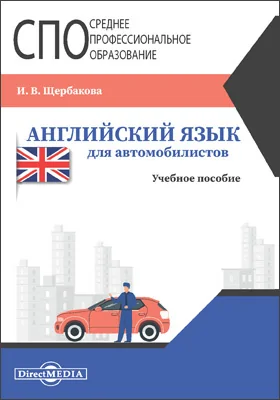

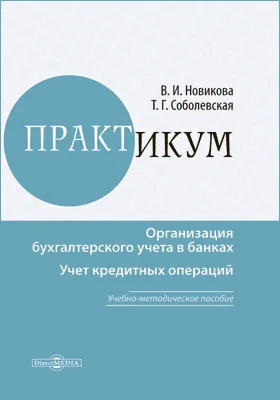
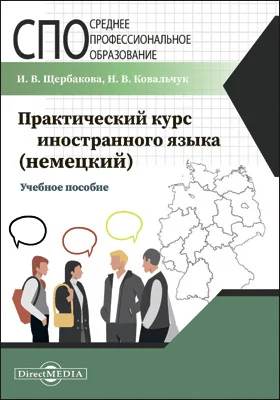
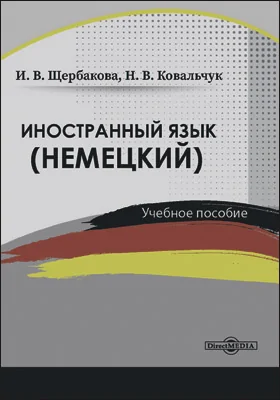
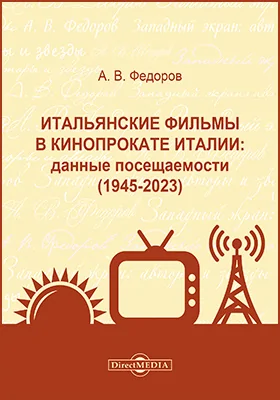

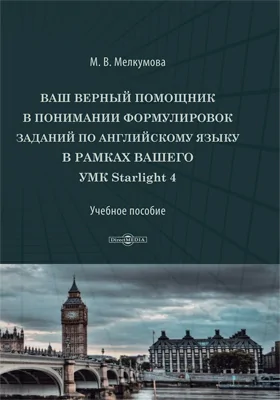
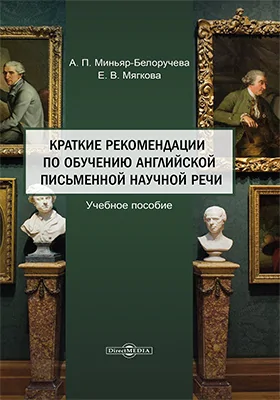
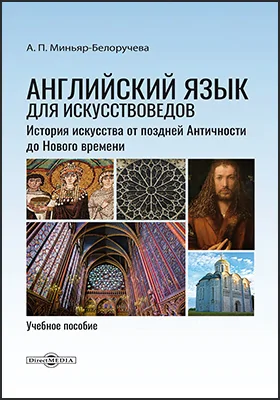
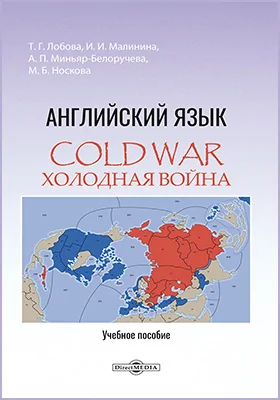

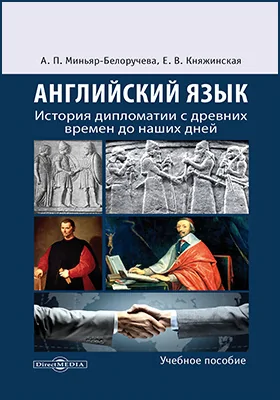
Бестселлеры нон-фикшн
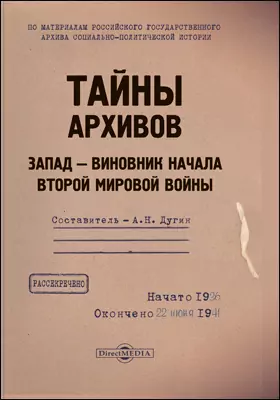

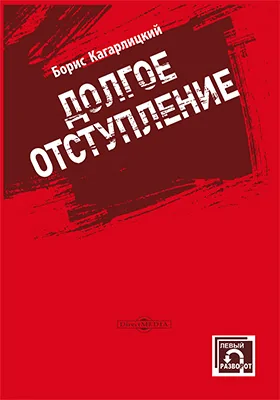
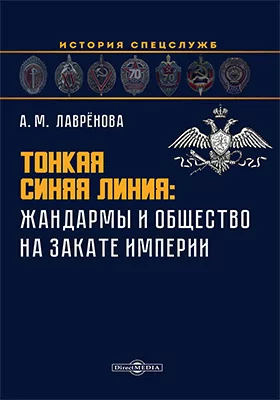
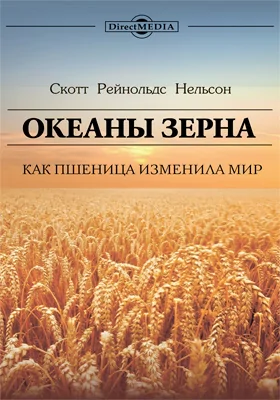
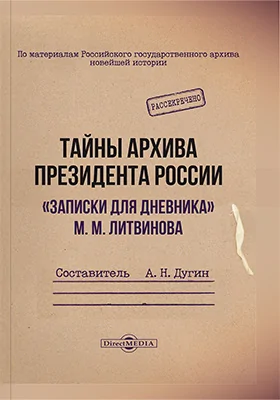
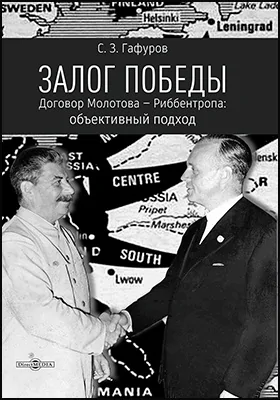
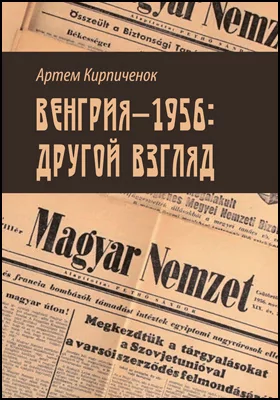
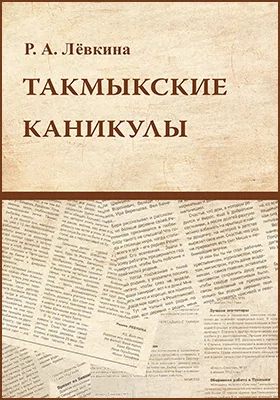
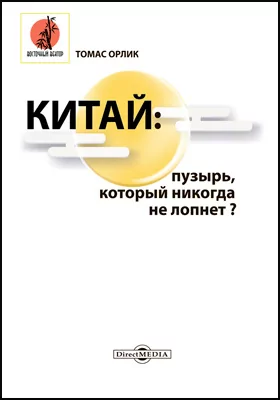

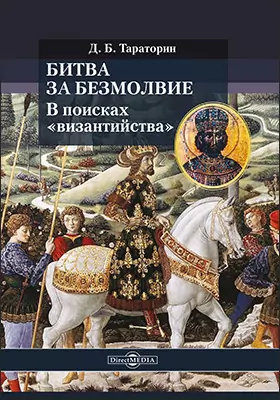

Новинки книги нон-фикшн
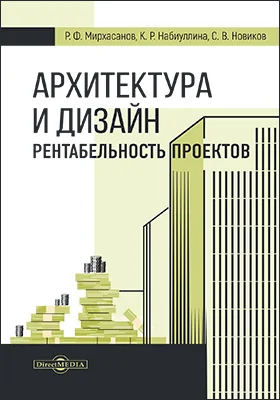
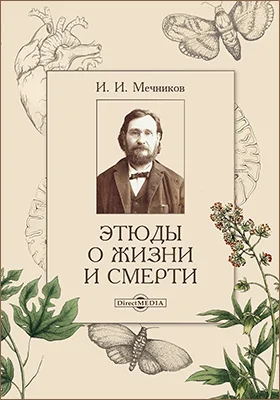
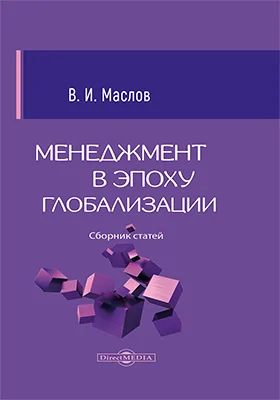
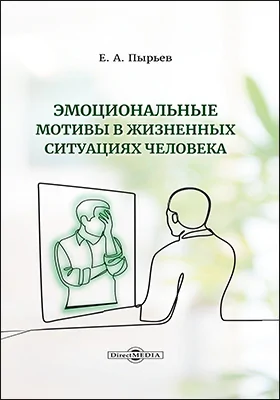
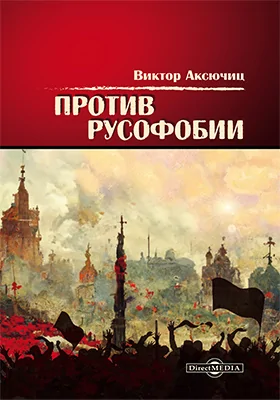
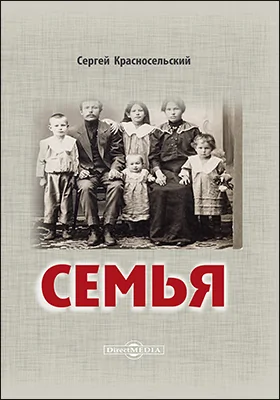
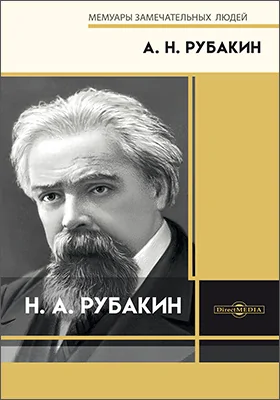
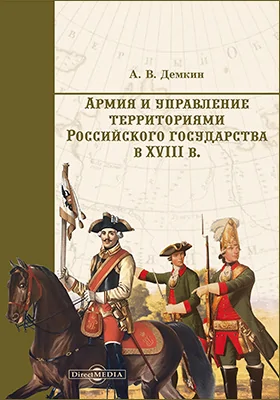
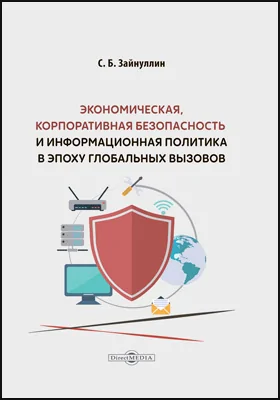
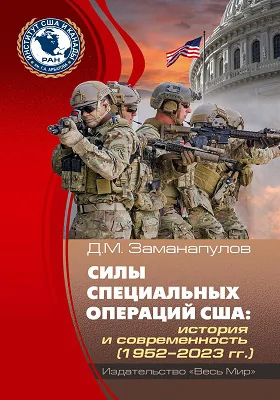
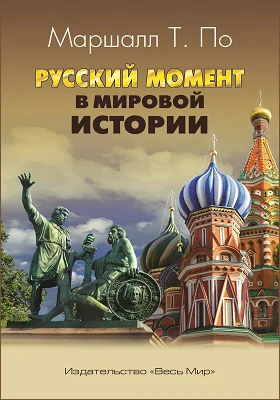
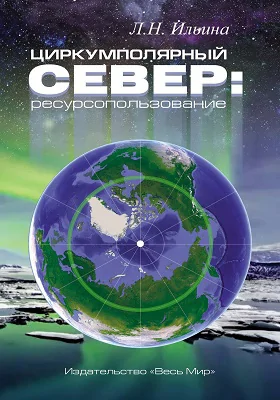
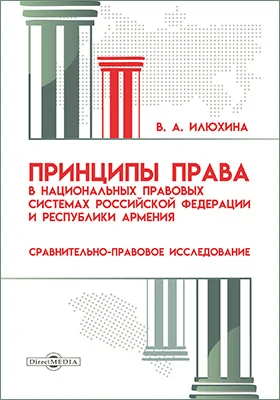
Миньяр-Белоручева А. П. другие книги автора
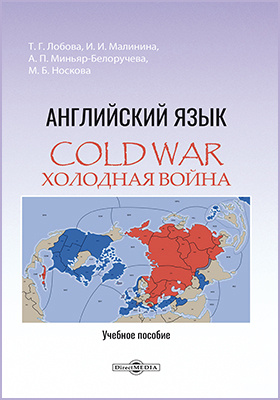
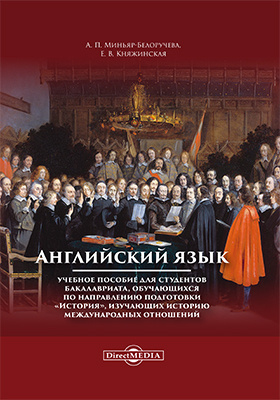
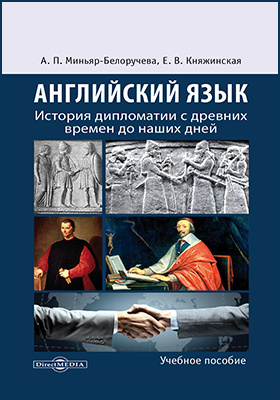
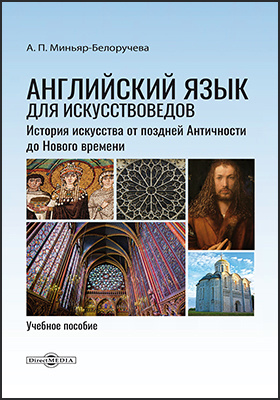
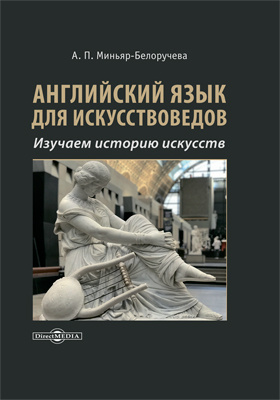
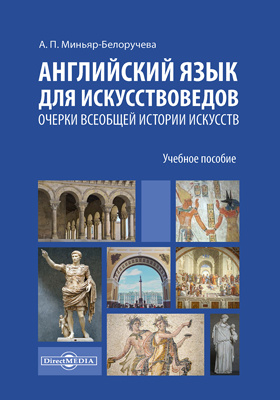
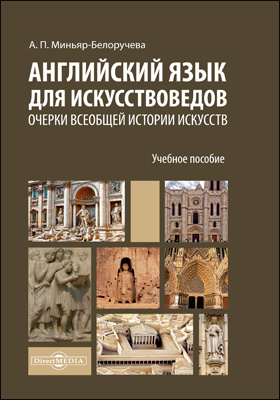
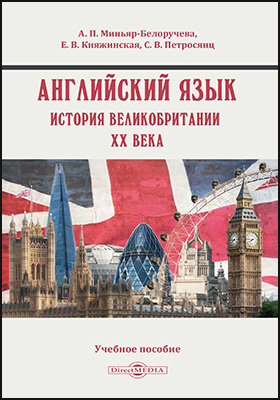
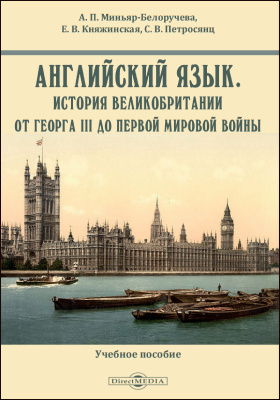
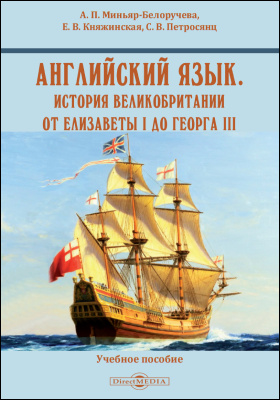
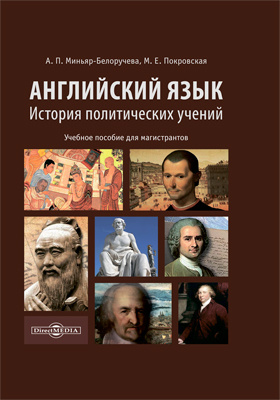
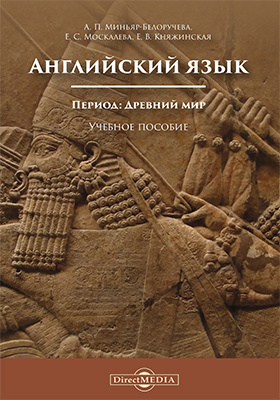
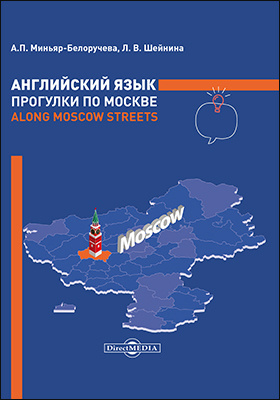
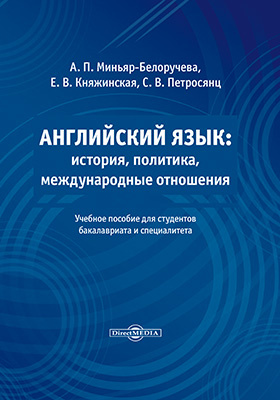
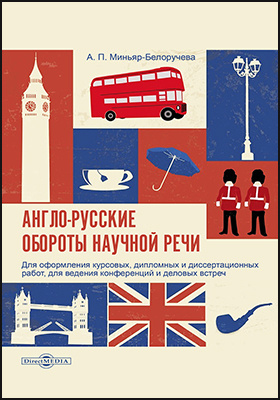
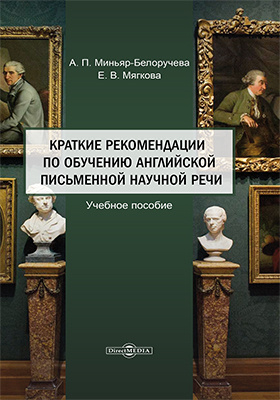

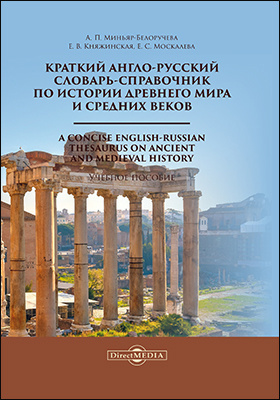
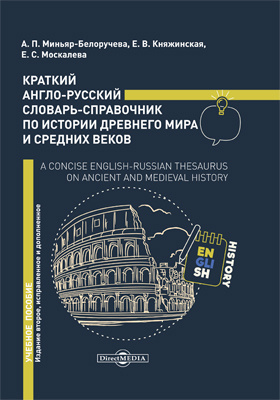
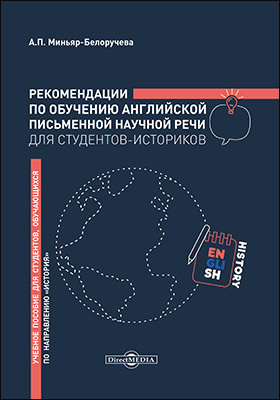
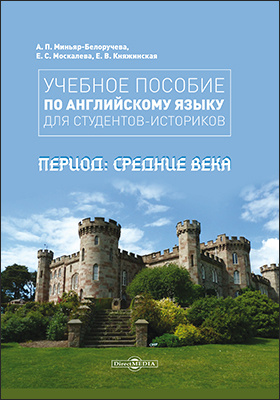
Внимание!
При обнаружении неточностей или ошибок в описании книги "Английский язык: история, политика, международные отношения : учебное пособие для студентов бакалавриата и специалитета (автор Алла Миньяр-Белоручева, Елена Княжинская, Светлана Петросянц)", просим Вас отправить сообщение на почту help@directmedia.ru. Благодарим!
и мы свяжемся с вами в течение 15 минут
за оставленную заявку

